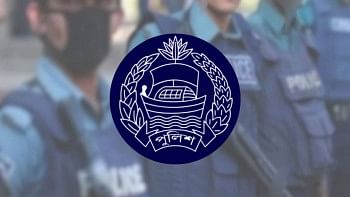Rights of disabled children in Bangladesh

Every child has the right to live independently. In Bangladesh, there is a significant population of disabled children, with 1.7 percent of children living with one of twelve defined disability conditions. However, disabled children in Bangladesh often lack proper facilities and face various challenges in their daily lives.
Security: Children need access to their five basic needs - food, shelter, education, clothing, and medical care.
Stability: A stable environment fosters healthy development in children.
Consistency: Maintaining a consistent routine helps children build confidence.
Emotional support: Emotional support from parents enhances a child's trust, respect, self-esteem, and independence.
Love: Balancing love and discipline is crucial for a child's well-being.
Education: Access to education is essential for a child's growth.
Positive role models: Positive role models provide guidance and support for children.
Structure: A structured environment boosts a child's confidence and development.
In Bangladesh, the Disability Act of 2013 aims to protect the rights of people with disabilities, including children. Despite this, disabled children still face challenges, with estimates ranging from less than 1.4% to 17.5% of children in Bangladesh being disabled.
The Disability Act 2013 outlines various rights for disabled individuals, including:
• Full and thriving life.
• Equal recognition and justice.
• Right of inheritance.
• Freedom of expression, opinion, and information.
• Accessibility.
• Participation at social, economic, and national levels.
• Education facilities and participation.
• Job accessibility.
• Compensation for disability during employment.
• Protection and facilities for a safe environment.
• Proper healthcare facilities.
• Legal and educational accommodations.
• Access to social facilities.
• Dependent care and rehabilitation.
• Participation in culture, entertainment, tourism, leisure, and sports.
• Bengali sign language access.
• Right to confidentiality.
• National identification, enrollment, and voting rights.
• Any other rights granted by the government.
Despite government efforts, disabled individuals still face challenges, including social isolation and stigma. However, there is a growing focus on rehabilitation services and improving the situation for disabled individuals in Bangladesh.
The writer is an occupational therapist at the Department of Physical Medicine and Rehabilitation at the National Institute of Neurosciences and Hospitals (NINS & H).
Email: rabeya1988@gmail.com


 For all latest news, follow The Daily Star's Google News channel.
For all latest news, follow The Daily Star's Google News channel. 



Comments